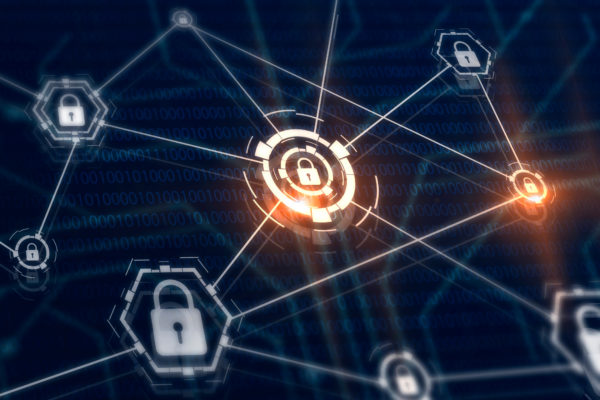It Can Happen to Anyone: Help Your Organization Avoid Being Another Victim of Cybercrime

Like every other industry, parking and mobility organizations have fallen victim to cybercrime activities. As the industry has become more tech-dependent, so have opportunities to steal important personal information, including personally identifiable information (PII), protected health information (PHI), intellectual property, data, and governmental and industry information systems. Criminals engaging in cybercrime have become increasingly sneaky and proficient, and they have identified our industry as an opportunity to steal valuable data.
Accordingly, it is important for organizations in our industry to implement extensive cybersecurity programs and training to defend themselves against data breach campaigns. Recently, our industry has specifically experienced QR code scams, handicap permit scams, and breaches and phishing scams that compromise credit card information.
Cybercriminals are getting smarter, and their tactics are becoming more resilient to conventional cyber defenses. So, organizations shouldn’t solely rely on out-of-the-box cybersecurity solutions such as antivirus software and firewalls.
Cyber threats can come at or from any level of your organization. You should provide cybersecurity awareness training to educate staff about common cyber threats such as social engineering scams, phishing, ransomware attacks, and other malware designed to steal intellectual property or personal data. Additional strategies to avoid these scams and protect your data and that of your customers include:
- Avoid free web-based email accounts; establish a company domain name and use it to establish company email accounts.
- Be careful with social media posts (LinkedIn) and company websites, especially Job Duties, hierarchal information, and out of office details.
- Be suspicious of requests to change bank account details or routing of ACH payments via email. Confirm by phone as well, and not the phone # that is listed in email, but a trusted phone number.
- Be suspicious of requests for secrecy or pressure to take action. For example, pressure to get gift cards to someone.
- Add two-factor authentication!
There is also a misconception that law enforcement will be able to help or recover the assets or funds. This is not true. In 90% of these cases, assets or funds are gone forever. In addition, most of these are perpetrated by fraudsters in other countries, which means there is very little “justice” for those that are victimized.
It takes a community to stay safe when it comes to Cybercrime. Let’s all be part of the virtual neighborhood watch program when it comes to battling cybercrime.
